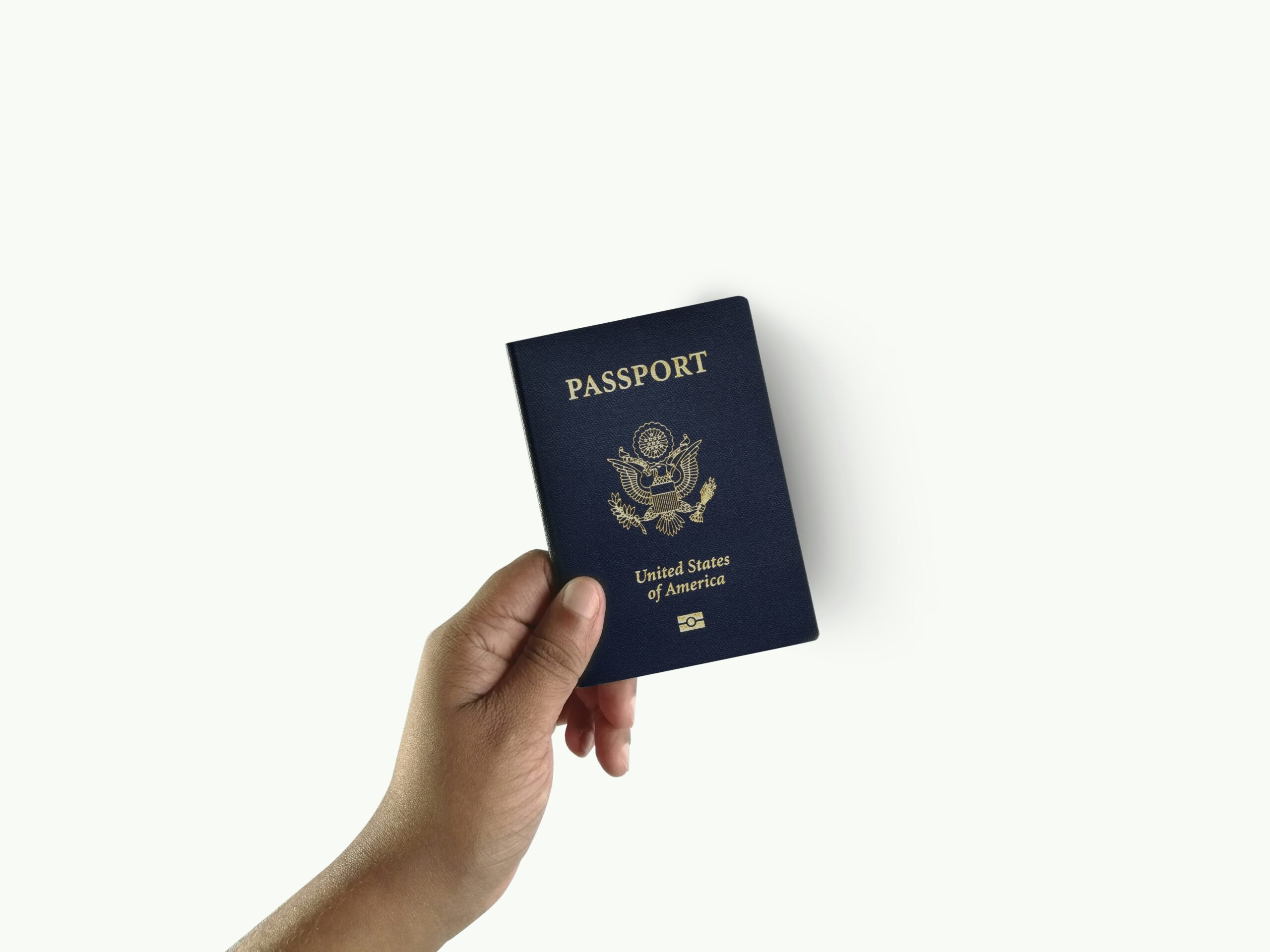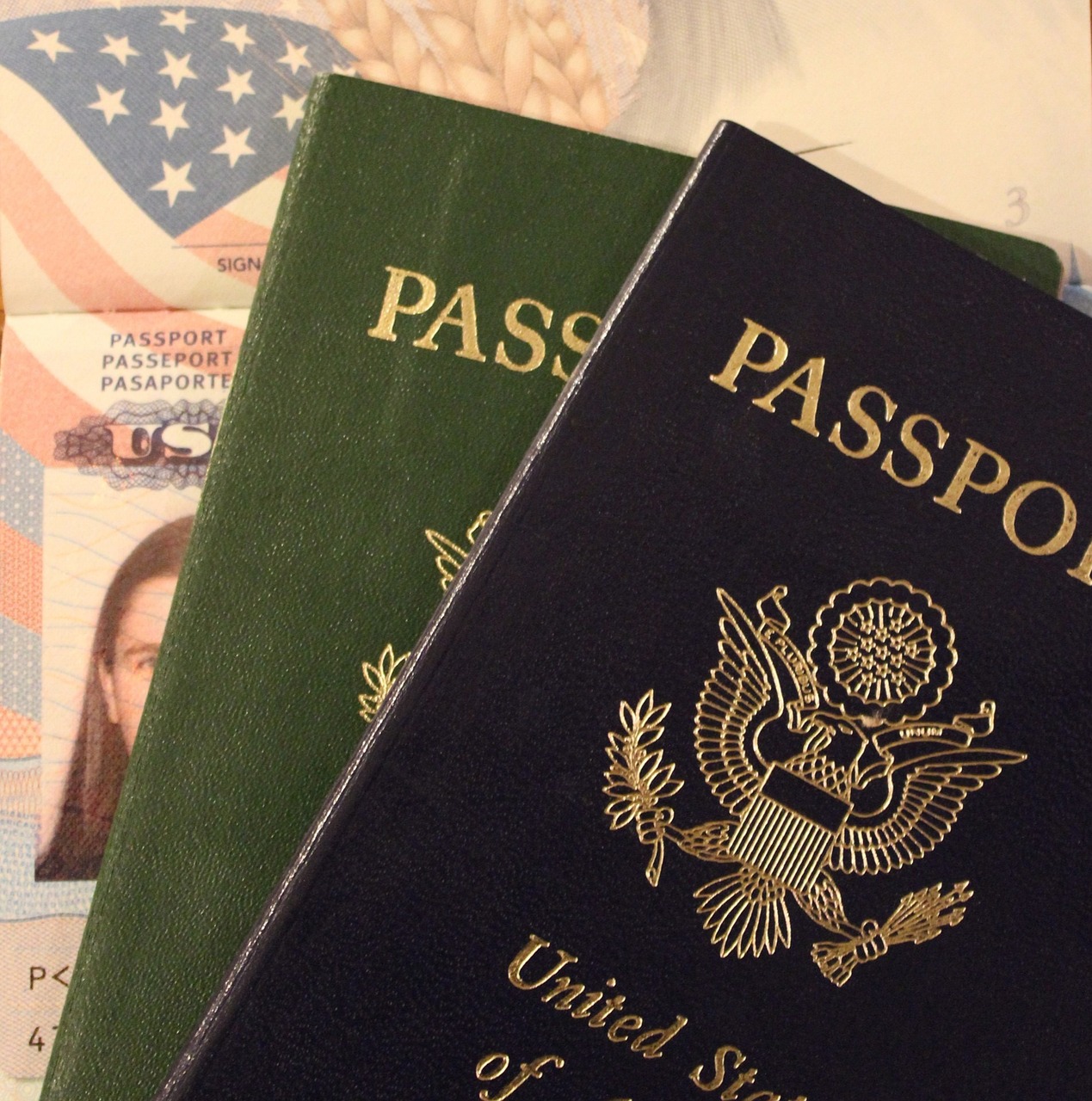
"Is K1 visa faster than spouse visa?" This is the question you usually encounter when bringing your foreign spouse to the United States.
While both pathways lead to the union of loved ones in the U.S., they differ in their processes. The fiancé visa also called the K1 visa, is for engaged couples who want to marry in the US. On the other hand, the marriage green card is for married couples who wish permanent residency for the foreign-born spouse.
Let’s dive deeper into:
Table of Contents
An application for the K1 visa may be filed by the foreign fiancé(e) of an American citizen. With a K-1 visa, the non-citizen fiancé(e) can visit the nation and marry their citizen sponsor within ninety days of arrival.
The fiancé(e) visa has some conditions similar to those of an immigrant visa since it allows the holder to move to the United States and marry a citizen of the country shortly after arrival.
K-2 visas are granted to eligible children of K-1 visa applicants.
There are two ways for a citizen of the United States to bring their spouse. They are as follows:
A spousal visa, also known as a CR-1 visa, applies to couples who are already married. It allows the spouse of a U.S. citizen or green cardholder to enter the United States to live with their partner.
According to Travel State, a spouse is a husband or wife who is married lawfully. A couple is not eligible for immigration based just on their shared residence. In such a case of polygamy, only the first spouse may be eligible for immigration.
To further assist you in making an informed decision, let's explore the pros and cons of both the K1 and spousal visas.
| PROS | CONS |
|
|
|
|
|
|
| PROS | CONS |
|
|
|
|
|
|

Are you wondering whether the K1 visa is faster than the spouse visa? When it comes to immigration options for couples, it's important to consider the process for each visa type.
Here’s how to get a K1 or Spousal visa:
To bring a fiancé(e) to the United States, the process involves two main steps:
The U.S. citizen sponsor must submit Form I-129F, Petition for Alien Fiancé(e), to the USCIS office in their area.
After USCIS approval, the petition goes to the National Visa Center (NVC). This assigns a case number and sends it to the U.S. Embassy or Consulate where the fiancé resides.
The NVC notifies the sponsor, who then informs the fiancé(e) about the next steps.
During the visa interview, you must then bring the following forms and documents:
Note: Translations of documents written in languages other than the native tongue of the nation where the application is being made are recommended. The consular official may also want more details, including pictures and other evidence of your fiancé(e)'s legal status in the United States.
Various fees are associated with the fiance visa process:
To obtain an immigrant visa for your spouse involves several key steps:
Submit Form I-130 to the U.S. Citizenship and Immigration Services (USCIS). To follow instructions, go over to the USCIS website. In special cases, U.S. citizens residing abroad may file an immigrant visa petition outside the United States.
Note: There’s no minimum age for a sponsor to file a petition for a spouse. However, the sponsor must be at least 18 years old and have a residence in the U.S.
Once the USCIS approves your petition, the process moves to the National Visa Center (NVC). Some fees associated are:
Important Notes: Fees are non-refundable and must be paid for each intending immigrant, regardless of age. The NVC provides clear instructions on where and when to submit the fees.
Required Documents for Immigrant Visa Application:
Note: Consular officers may request additional information during the visa interview. It’s crucial to be prepared with all necessary documents and translations.
Once the NVC confirms the file's completeness, they schedule the applicant's interview. All involved parties, including the applicant, petitioner, and attorney, will receive appointment details via email or letter.
During the interview, applicants are advised to bring their valid passports and any additional documentation not previously submitted to the NVC.
As part of the interview procedure, ink-free digital fingerprint scans will be taken. Typically, applicants receive their original civil documents and translations back on the day of the interview.
MORE IMMIGRATION TIPS AND NEWS
Here’s a closer look at the processing times for both the K1 and spousal visas.
| K1 Fiancé Visa | Spousal Visa |
| Form I-129F Application and Approval (6-18 Months) |
Sponsor/Beneficiary Marriage (Timeline depends on personal circumstances) |
| Form DS-160 and Embassy Appt/Interview (Timeline depends on location) |
Form I-130 Application and Approval (9-13 Months) |
| Visa Approval and Receipt of Passport (1 Month) |
Form DS-260 or Form I-864 Application and Approval (1 Month) |
| U.S. Entry and Marriage (Within 90 days of Entry) |
Embassy Appointment / Interview (Timeline depends on location) |
| Form I-485 Application and Approval (12-27 Months) |
For information on the processing time for your specific form and field office, please visit uscis.gov.
After filing Form I-129F or Petition for Alien Fiancé, it may take 10 to 16 months to obtain a K-1 visa. It may be shorter for others and longer for some.
In spouse or marriage visa, you can generally request expedited processing by calling the USCIS Contact Center at 800-375-5283 (TTY 800-767-1833) or by asking Emma after you have obtained a receipt notice.
Yes, as a lawful permanent resident, CR1 visa holders can travel outside of the United States. However, extended periods of absence may affect their eligibility for citizenship or reentry into the United States.
Choosing between a K1 visa or marriage depends on factors. The K1 visa generally offers a faster route to starting your lives together in the United States. On the other hand, the spousal visa provides permanent residency and immediate work authorization.
It's essential to carefully consider your priorities and consult with an immigration attorney like Hacking Immigration Law, LLC. Remember, each case is unique.
Hacking Immigration Law, LLC is a trusted immigration law firm that can provide personalized guidance. They have helped thousands of clients achieve their immigration goals. Plus, they are committed to providing their clients with the highest quality legal representation.
If you are facing an immigration issue or want to be a green card holder, Hacking Immigration Law, LLC can help. Contact them today for a consultation!








